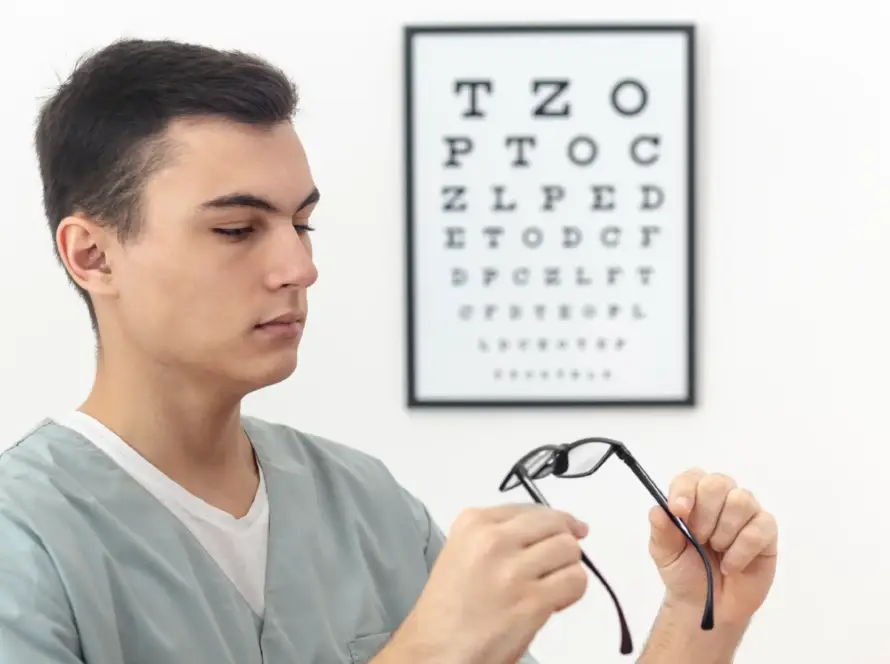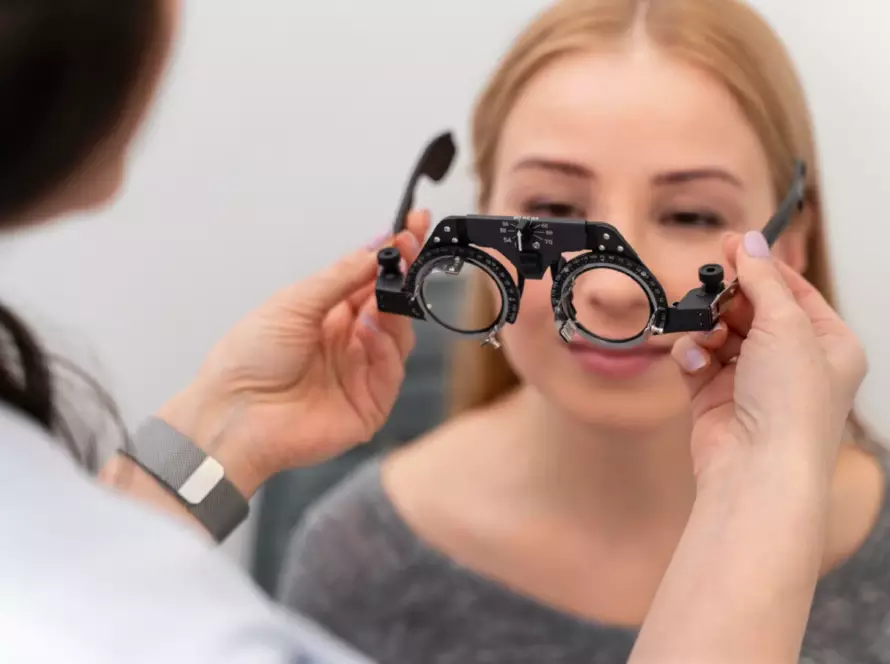Introduction
Eye allergies, also known as allergic conjunctivitis, can significantly affect one’s quality of life, causing discomfort and irritation. At Clarity Vision, we understand the impact of these allergies and aim to provide valuable insights into their common triggers, relief strategies, and preventive measures.
Common Triggers
- Pollen: Pollen from trees, grasses, and weeds can trigger allergic reactions in the eyes, especially during the spring and fall seasons.
- Dust Mites: These microscopic pests thrive in household dust and can trigger allergic reactions when they come into contact with the eyes.
- Pet Dander: Proteins found in pet dander, saliva, and urine can provoke allergic reactions in susceptible individuals.
- Mold: Mold spores, commonly found in damp and humid environments, can exacerbate eye allergies.
- Smoke and Air Pollution: Irritants in the air, such as smoke and pollutants, can worsen allergic symptoms in the eyes.
Relief Strategies
- Allergy Eye Drops: Over-the-counter antihistamine eye drops can provide temporary relief from itching, redness, and irritation caused by eye allergies.
- Cold Compress: Applying a cold compress over closed eyes can help alleviate inflammation and soothe irritated eyes.
- Avoid Rubbing Eyes: Rubbing the eyes can worsen allergic symptoms and lead to further irritation. Encourage gentle patting or rinsing with cool water instead.
- Clean Environment: Regularly clean your home to reduce exposure to allergens such as dust mites and mold. Use allergen-proof pillowcases and mattress covers.
- Limit Outdoor Exposure: Stay indoors during peak pollen seasons, particularly on windy days when pollen counts are higher.
Preventative Measures
- Wear Sunglasses: Wearing wraparound sunglasses can provide a barrier against allergens and reduce exposure to pollen and other airborne irritants.
- Keep Windows Closed: Keep windows closed during high pollen seasons to prevent allergens from entering your home.
- Use Air Purifiers: Consider using air purifiers with HEPA filters to remove allergens from indoor air and improve air quality.
- Wash Hands Frequently: Regularly wash your hands, especially after being outdoors, to remove allergens that may have come into contact with your hands and prevent them from reaching your eyes.
Conclusion
By understanding the common triggers, relief strategies, and preventative measures for eye allergies, individuals can better manage their symptoms and improve their overall eye health. At Clarity Vision, we are committed to providing comprehensive care and support for patients dealing with eye allergies, offering personalized treatment options tailored to their unique needs. If you’re experiencing persistent eye allergy symptoms, don’t hesitate to schedule a consultation with our experienced eye care professionals.
Beyond LASIK, Beyond SMILE



